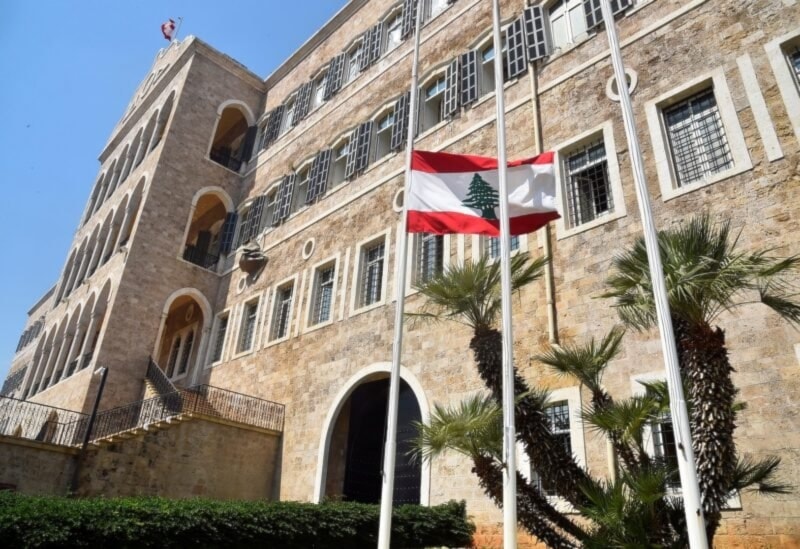Lebanon welcomes ICJ decision to end Israeli attacks in Rafah
Lebanon welcomes the International Court of Justice's decision demanding that the occupation stop its aggression against the city of Rafah, describing the decision as an important opportunity to put an end to the Israeli attacks.
-

The Lebanese Ministry of Foreign Affairs building in an undated picture. (NNA)
The Ministry of Foreign Affairs in Lebanon welcomed on Saturday the decision issued by the International Court of Justice regarding the immediate cessation of Israeli attacks on the city of Rafah and the reopening of the crossing to aid.
In its statement, the Lebanese Foreign Ministry emphasized the importance of guaranteeing access to humanitarian aid to all areas in Gaza and permitting international committees to conduct investigations into Israeli practices and violations.
It also regarded the decision as "an important opportunity to halt Israel's attacks and displacement policies" and to kickstart a significant political process aimed at achieving a just and comprehensive resolution to the Palestinian cause, based on the two-state solution, in alignment with relevant international resolutions and the Arab Peace Initiative launched at the Beirut Summit in 2002, and fostering regional peace and security.
The Ministry of Foreign Affairs urged the international community and the United Nations to "increase pressure on Israel to adhere to this resolution, as well as other pertinent resolutions of international legitimacy."
ICJ orders 'Israel' to immediately halt offensive on Rafah
In a momentous emergency verdict on South Africa's complaint accusing "Israel" of genocide, judges at the United Nation's highest court, the International Court of Justice (ICJ), ordered "Israel" to immediately halt its military assault on Rafah in southern Gaza on Friday.
Nawaf Salam, president of the ICJ, read out the verdict, stating that the situation in Gaza has deteriorated since the court's last injunction to "Israel" to remedy it.
Salam stated that the occupation shall "immediately halt its military offensive and any other action in the Rafah governorate, which may inflict on the Palestinian group in Gaza conditions of life that could bring about its physical destruction in whole or in part."
"Israel had not provided sufficient information about the safety of the population during the evacuation process, or the availability of food, water, sanitation, and medicine for the 800,000 Palestinians that had already fled Rafah so far," Salam said, adding, "Consequently, the court is of the view that Israel has not sufficiently addressed and dispelled the concerns raised by its military offensive in Rafah."

 2 Min Read
2 Min Read








